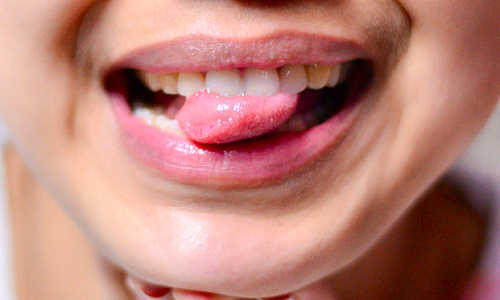An electronic “tongue” could one day sample food and drinks as a quality check before they hit store shelves. Or it could someday monitor water for pollutants or test blood for signs of disease. With an eye toward these applications, scientists are reporting the development of a new, inexpensive and highly sensitive version of such a device in the journal ACS Applied Materials & Interfaces.
Photo Credit: Wikihow
S. V. Litvinenko and colleagues explain that an electronic tongue is an analytical instrument that mimics how people and other mammals distinguish tastes. Tiny sensors detect substances in a sample and send signals to a computer for processing just as taste buds sense and transmit flavor messages to the brain. The food and beverage industry and others have started deploying electronic tongues for a range of purposes from authenticating Thai food to measuring beer quality. But existing devices are limited in how they can be used. Litvinenko’s team decided to make an improved instrument that could have applications in medical diagnostics, pharmaceutical testing and environmental monitoring, as well as food testing.
The researchers developed a low-cost and environmentally friendly “e-tongue” with a silicon base that could be easily incorporated into existing electronic systems of the same material. When they tested it with Armagnac, cognac, whiskey and water, they were able to establish precise signatures for each. They conclude that their work serves as a first step toward a novel tasting instrument with potentially diverse applications.
Story Source:
The above story is based on materials provided by American Chemical Society, Michael Bernstein.





